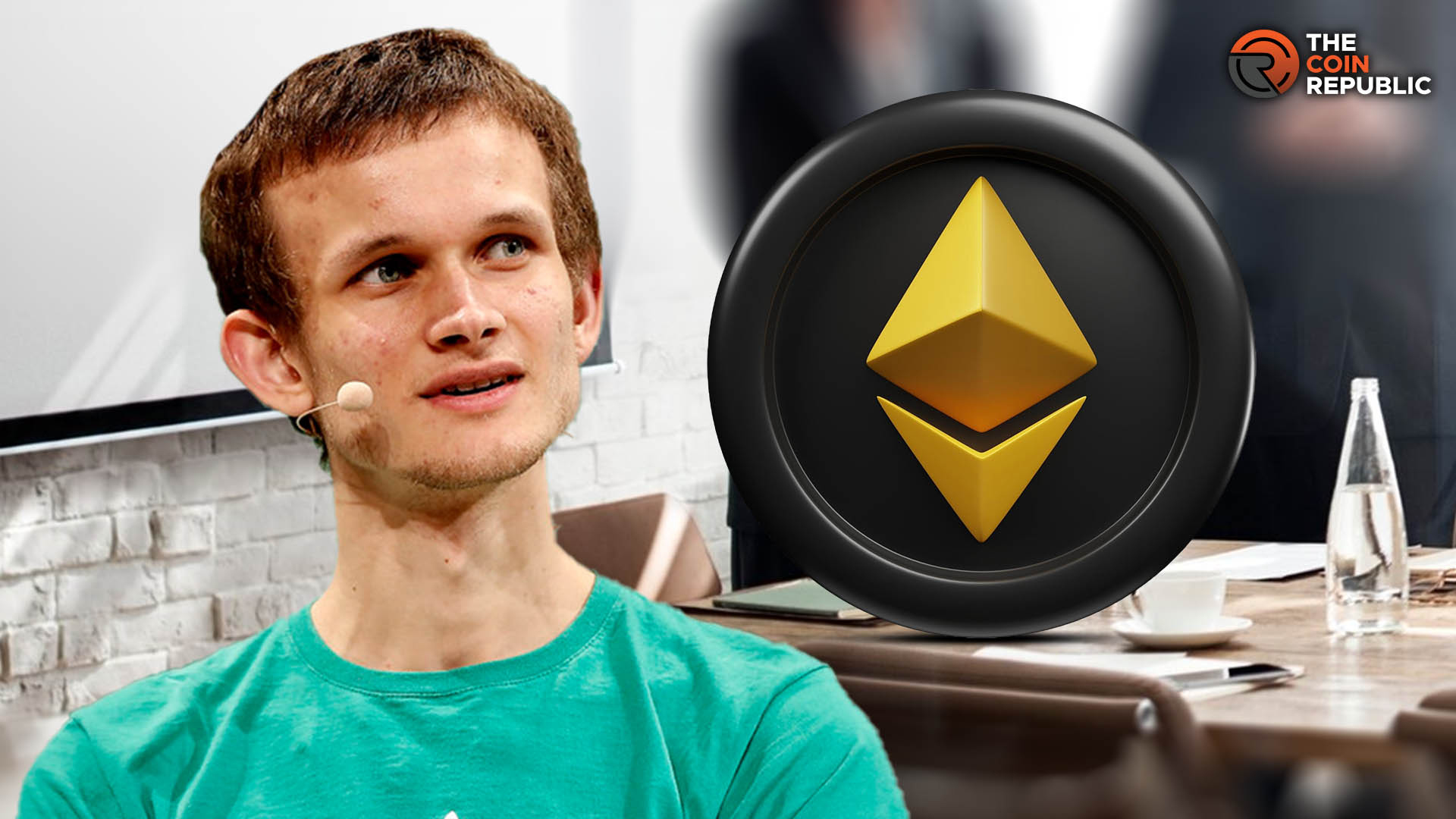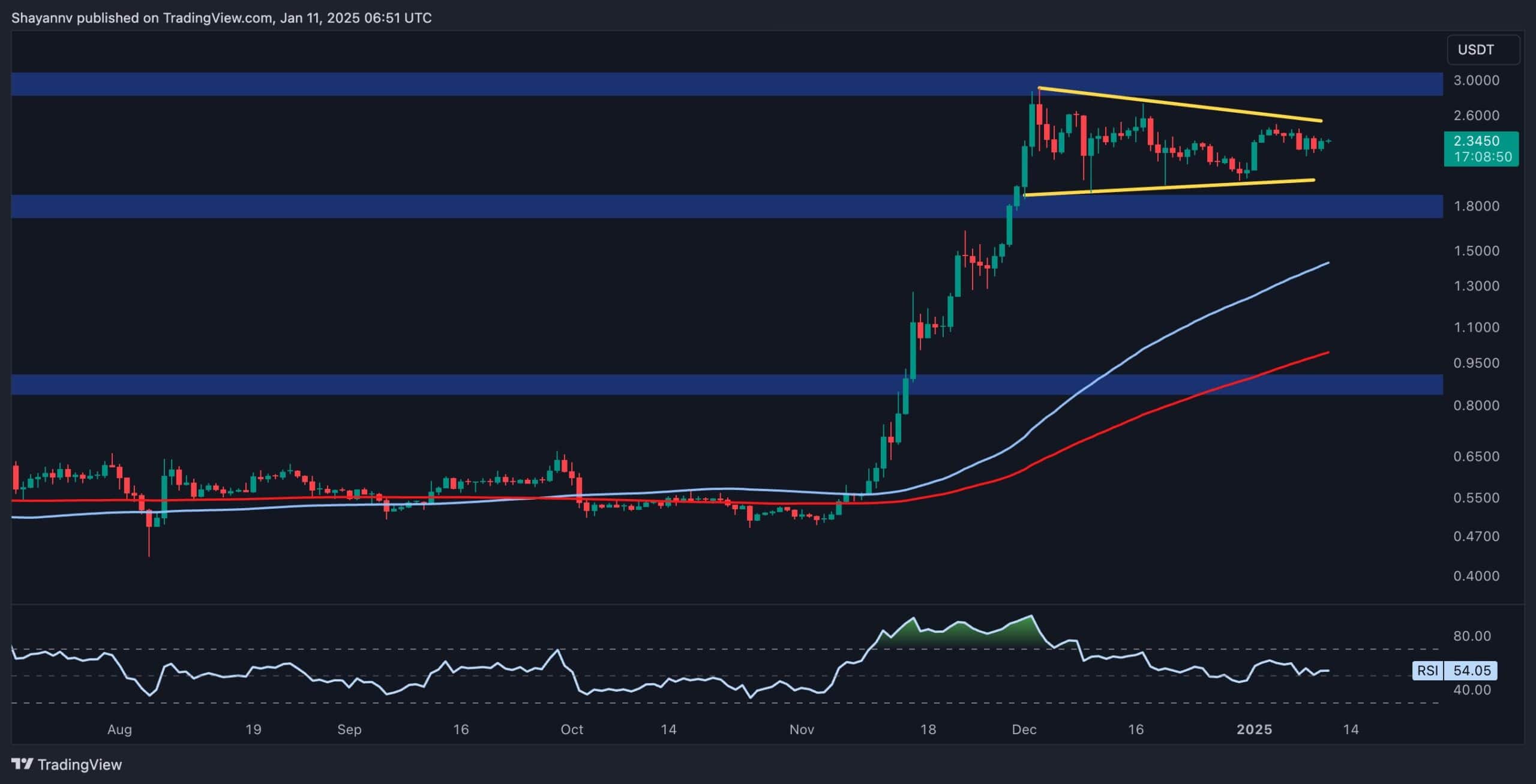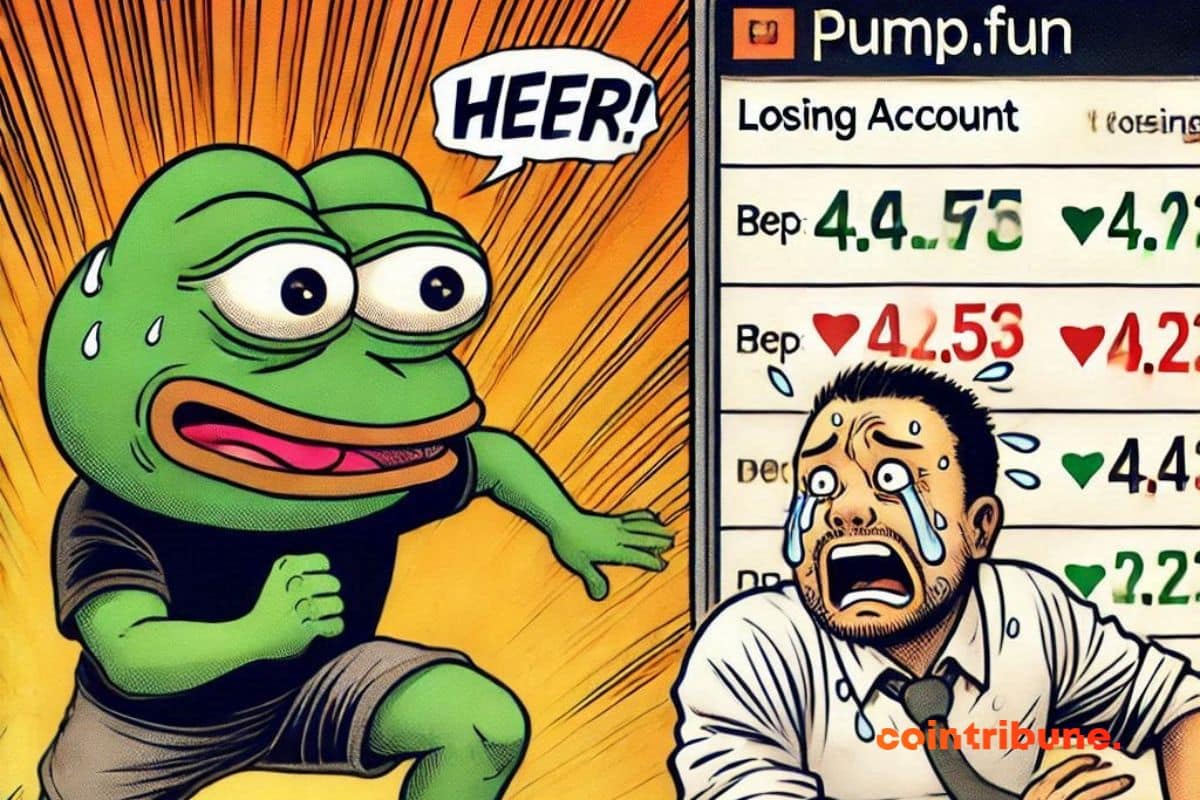Vitalik Buterin, founder of the Ethereum (ETH) blockchain, has released a plan for the success of Artificial Intelligence (AI).
Vitalik’s template specifically focuses on the implications of AI’s growing adoption on humanity.
The Ethereum founder’s focus on AI comes amid increased integration with blockchain.
Vitalik Buterin on AI and Human Advancement
Vitalik warned in an X post that AI misuse could create new forms of “independent self-replicating intelligent life.”
He claims AI done wrong, as in this scenario, may strip humanity of its power. Vitalik added that this might pose an existential threat if AI systems become uncontrollable.
He did, however, underline that the proper application of AI functions as a mechanical exoskeleton for the human mind.
Vitalik claims this scenario would lead to a flourishing superintelligent human civilization.
He further highlighted that the distillation of human judgment is one way to achieve proper AI at the collective level.
Vitalik delved into AI agents and computer programs designed to perform tasks autonomously.
He remarked that the term ‘agents’ is intriguing and noted that they can develop sophisticated strategies over several days without human participation.
Buterin’s remarks add to the current discussion regarding the ethics and advancement of AI.
He pushes for cautious, user-centered design, stressing that AI should strengthen human agency rather than replace it. He believes AI implemented properly can help push humanity forward.
Blockchain and AI Integration
Integrating blockchain and Artificial Intelligence has generated excitement and holds promise for both fields.
While it faces a crisis of trust, AI is reshaping industries with its predictive power.
Conversely, blockchain promises security and transparency but struggles with scalability, efficiency, and adaptability.
A major difficulty with blockchain, particularly Proof-of-Work (PoW) systems, is inefficiency and excessive energy use.
AI can address this by assessing and forecasting network demand and dynamically changing energy use to eliminate waste and improve performance.
Additionally, Blockchain systems are sophisticated and require continual maintenance.
AI can provide predictive analytics, which uses previous data to identify and address possible challenges or risks before they worsen.
On the other hand, Blockchain’s decentralized, immutable structure can help AI to become more ethical, transparent, and accountable.
Traditional AI models, particularly deep neural networks, are sometimes labeled as “black boxes” due to their opaque decision-making processes.
Blockchain can address these challenges by auditing every step of an AI model’s development, from data inputs to training results.
The integration of AI and blockchain is heralding a new wave of decentralized AI projects.
Platforms like Ocean Protocol and Fetch.ai show how converging AI and blockchain could solve each other’s biggest challenges.
Google Willow and Threat to Bitcoin
There were recent concerns regarding the impact of quantum computing on the future of cryptocurrency.
The issue started following Google’s introduction of a new quantum chip called Willow.
The new quantum chip can complete intricate computational jobs in just 5 minutes. It would normally take 10 septillion years for a classical supercomputer to do this operation.
Many fear that this capability poses a long-term threat to Bitcoin. They are concerned that passwords may no longer be safe, and encrypted messages and nuclear weapon codes may become easily accessible.
However, Adam Back has stated that Quantum Computers cannot yet compromise Bitcoin.










